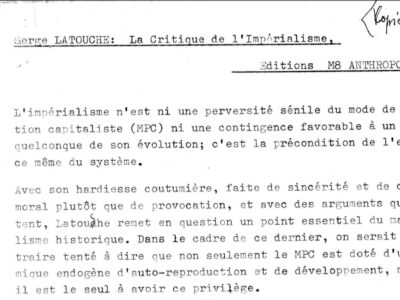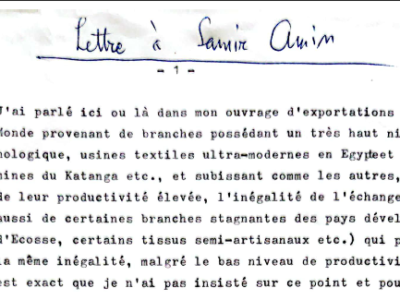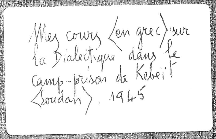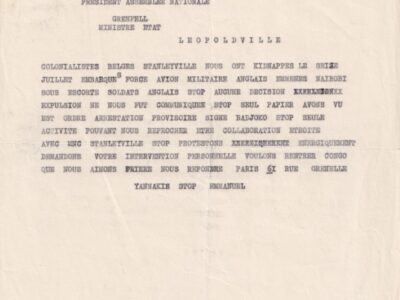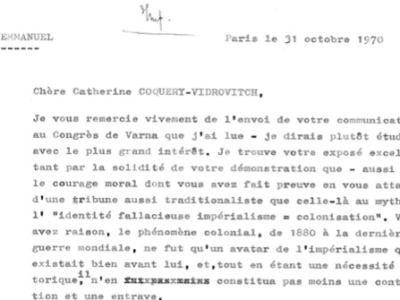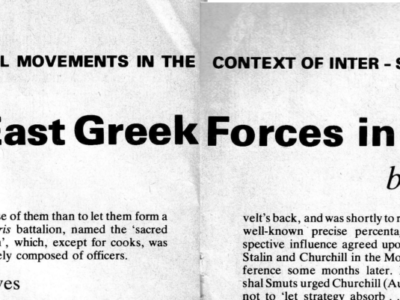In 1942, after staying in the Congo, Emmanuel returned to Greece and joined the EAM (National Liberation Front), whose primary driving force was the Communist Party of Greece. He then volunteered for the Greek Liberation Forces in the Middle East, becoming a naval officer with hopes of joining the struggle against Nazi Germany.
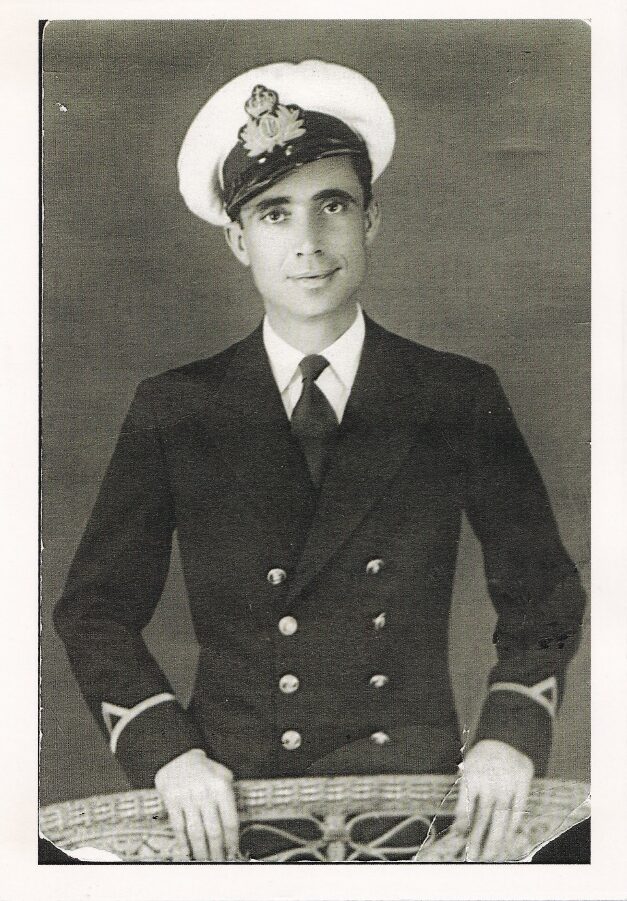
However, in April 1944, Emmanuel took an active role in a mutiny against the right-wing Greek government installed by the Allies in Cairo. This mutiny was a protest against the government’s reluctance to engage the navy and army against the Germans. In coordination with British forces, the government sought to “spare the army” to be ready for conflict with the EAM to regain control over Greece once the war against Germany ended. This mutiny was a precursor to the Greek Civil War.
The revolt began on April 4th in Alexandria. Revolutionary commissions were formed in support of the EAM, encompassing five navy ships and the naval shore establishment. A substantial portion of the navy and army joined the movement. The ships were eventually recaptured by Greek officers loyal to the government-in-exile, with assistance from British forces. Eleven seamen were killed, several others were wounded, and many, including Emmanuel, were taken prisoner and charged with high treason. Emmanuel wrote an “apology” to the court on behalf of the accused.
“”Gentlemen Judges: When this trial began, we had, like you, decided not to participate in the debates, not to defend ourselves. We knew that this trial would see both a comedy and a crime unfold. Both could just as well have been conducted without us…
And yet, we agreed to participate in this trial, not to defend ourselves but to speak. We knew that for us, this was one more fight, and we know how to fight, whether we have weapons or not. We knew that we would break this monologue—yes, whether you like it or not, we are going to break it…
You will soon recall the deep impression left by the words of young Fournari, who just minutes ago declared with his honest and youthful voice, ‘…and if you do not kill me, and if I live another hundred years, and if a hundred times the need arises again to revolt and take up arms against traitors to save my country, I will not hesitate to do so.’ This voice will be hard to silence. You can shut forever the mouth that uttered these words. But tonight and whenever you recall this trial, you will feel your confidence falter; you will realize you are slipping, as if you had entered unknown, improbable, and incomprehensible territory. Such is the power of truth and moral courage…
We are accused of immobilizing three warships in Alexandria’s port and, thus, indirectly benefiting the enemy. Everyone knows how and why these three ships were detained, and I will explain it shortly. But I ask you: Who truly aids the enemy—the one who immobilizes three warships for three weeks, or the one who immobilizes tens of thousands of fighters, eager to combat, for three years?
I came to fight, to contribute to the struggle for our people’s freedom, for all people’s freedom. Instead of finding a pure and fraternal legion of liberators, I found the infected, stifling atmosphere of a nursery of praetorians. Rather than the anti-fascist army I envisioned, I found an army corrupted by a band of political adventurers, fifth columnists, and traitors who slowly and systematically committed their horrible crime against our homeland. The veil was torn, and I saw clearly. I realized precisely why the Greek Armed Forces in the Middle East were created…
To establish a mercenary body of praetorians, preparing to seize power after liberation. At the top of this conspiracy is a clique of proven fascists aiming to establish a fascist and plutocratic dictatorship, with Georges Glyxbourg, son of Constantine the Boche, at the head (uproar…). Surrounding them is a group of corrupt politicians, long accustomed to the murky waters of petty politics…
The Cairo government drifted further from the Greek people. From its inception, the EAM embraced the vast majority of the Greek people, a people eager to expel the conqueror. Nowhere else, with the possible exception of Yugoslavia, had the liberation movement reached such a universal scale. It was no longer the underground action of conspirators; it was the immense effort of an entire people refusing the chains of slavery…
The more the popular revolutionary movement strengthened in Greece, the deeper the reaction in the Middle East became, and the national divide widened. This reaction led to two goals: 1) Strike down the growing liberation movement in Greece. 2) Gain control over the Greek forces in the Middle East to later impose authority over Greece when the final confrontation with the EAM came. To achieve this, they used: a) The conspiracy of silence b) Collaboration with the enemy.”
Emmanuel and his comrades were sentenced to death for treason. However, by the end of 1945, Emmanuel was granted amnesty but was sent to a British prison camp in Sudan. During his time there, he wrote a textbook on dialectical materialism for his fellow prisoners. In March 1946, he was released. With his record and the defeat of the communists in the Greek Civil War, job prospects in Greece were limited, so he returned to the Congo.
The text was translated by Daniel Williams and it is available here:
EmmanuelStatementEngTransl (1)

